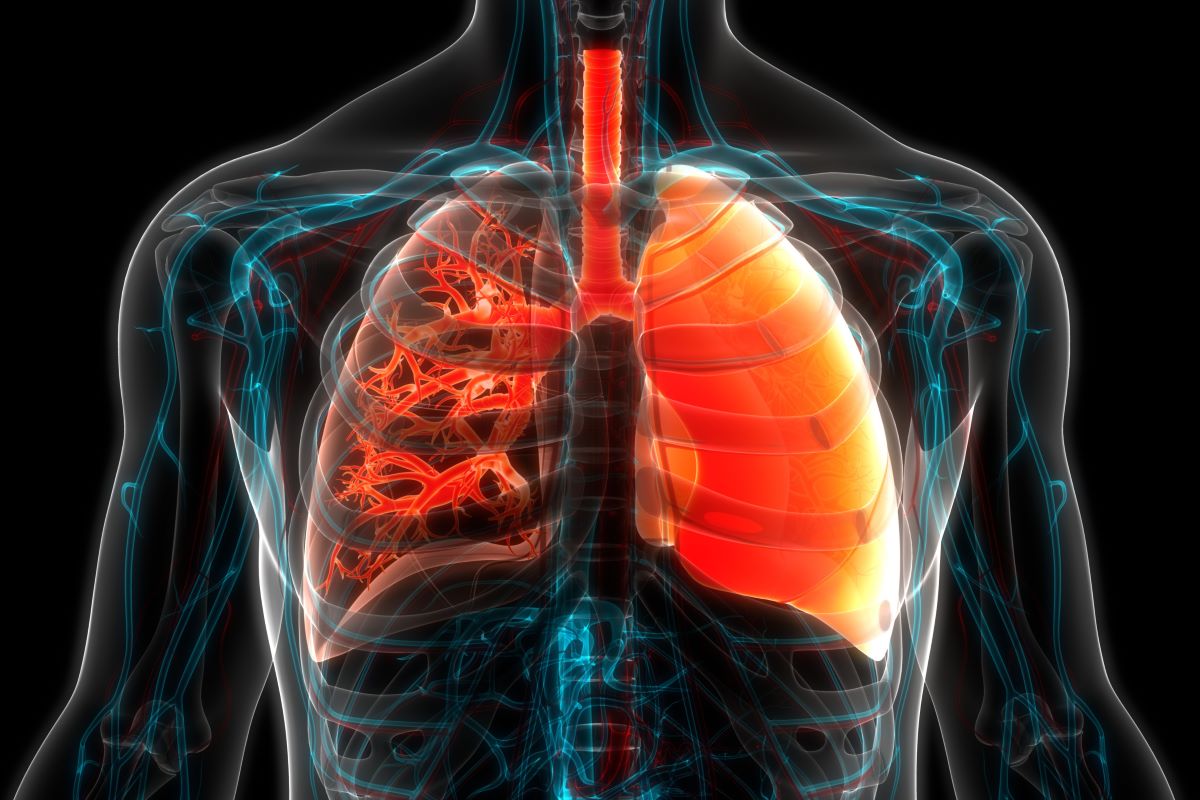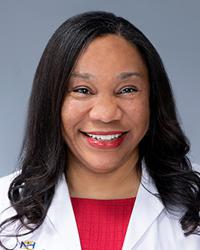
I want to discuss pulmonary fibrosis, a condition that, while serious, can be managed to improve quality of life. While pulmonary fibrosis has no cure, understanding the disease and seeking early treatment can make a significant difference.
What is pulmonary fibrosis?
Pulmonary fibrosis is actually a collective term representing a diverse group of pulmonary fibrotic and inflammatory conditions that cause the lung tissue to become scarred, making it thick and stiff. This scarring affects tiny air sacs in the lungs called alveoli, which are responsible for transferring oxygen to the blood and removing carbon dioxide from the body. Over time, this damage leads to shortness of breath and fatigue. Unfortunately, the scarring is irreversible and the disease tends to worsen over time, making it a progressive condition.
There are more than 200 types of pulmonary fibrosis. The condition affects 1 out of 200 adults over the age of 70 in the U.S.; approximately 50,000 new cases are diagnosed each year.
Some people live with pulmonary fibrosis for many years without significant symptoms, while others may experience a more rapid decline. For instance, a patient diagnosed in their 60s might remain stable for decades, while others may experience respiratory failure within five years.
Causes and risk factors
The scarring that happens in pulmonary fibrosis can result from various causes and in some cases, the cause remains unknown. When we cannot determine the cause, we refer to the condition as idiopathic pulmonary fibrosis (IPF). Other known causes include inhaling harmful substances like dust or chemicals, certain autoimmune diseases and gastroesophageal reflux disease (GERD), which can lead to silent aspiration where stomach acid irritates the lungs.
Common risk factors for developing pulmonary fibrosis include smoking, exposure to environmental pollutants and a history of GERD. Early lung damage, even from childhood, can sometimes be the root of scarring that doesn’t become apparent until much later in life.
Symptoms of pulmonary fibrosis
Pulmonary fibrosis symptoms can be subtle and easy to overlook, especially in its early stages. Key symptoms include:
- Shortness of breath: This often starts gradually and worsens over time. If it limits daily activities, it’s crucial to seek medical advice.
- Chronic cough: A persistent, dry cough is common and can interfere with social activities.
- Fatigue and weakness: Everyday tasks like walking or climbing stairs can become exhausting.
- Clubbing: The curving of nails due to reduced oxygen in the blood is another telltale sign.
- Weight loss: Difficulty breathing can reduce appetite, leading to unintended weight loss.
- Chest discomfort: This may occur due to excessive coughing or difficulty breathing.
Diagnosing pulmonary fibrosis
Diagnosing pulmonary fibrosis involves multiple steps and it can be challenging because its symptoms often overlap with other lung diseases. Doctors use a combination of tests, including high-resolution CT (HRCT) scans, which are more detailed than standard X-rays and can reveal lung abnormalities at earlier stages. Lung function tests are also essential to determine how much lung capacity remains and whether a patient can tolerate more advanced treatments.
In some cases, tissue samples may be needed to confirm the diagnosis. These samples can be obtained through procedures such as bronchoscopy, which is minimally invasive, or an open lung biopsy, which is more involved but can provide more information.
Treatment and management
While pulmonary fibrosis has no cure, there are treatment options that can help slow its progression and manage symptoms depending on the type of fibrosis you have. The earlier the disease is diagnosed, the more options patients have to maintain their quality of life.
- Medications: Antifibrotic medications commonly prescribed for idiopathic pulmonary fibrosis may help stabilize lung function, though they do not reverse the scarring.
- Oxygen therapy: For patients with low oxygen levels, supplemental oxygen can help improve breathing and prolong life.
- Pulmonary rehabilitation: This specialized therapy program helps patients manage symptoms and improve lung function through breathing exercises and physical activity.
- Lung transplant: For those with advanced disease, lung transplantation may be an option, though candidates must undergo extensive evaluations to determine their eligibility.
Lifestyle adjustments and support
Managing pulmonary fibrosis goes beyond medical treatments. Lifestyle adjustments, such as quitting smoking and managing GERD, can help prevent further lung damage. Patients are encouraged to practice good pulmonary hygiene, which includes regular deep breathing exercises and clearing mucus from the lungs.
Support from family, friends and health care providers is essential. Regular follow-ups with a pulmonologist ensure that treatments are adjusted as the disease progresses. Pulmonary fibrosis can be emotionally challenging and having a strong support network can make managing the disease easier.
Act early and stay informed
If you experience persistent symptoms like a dry cough, shortness of breath or fatigue, it’s important to consult your health care provider. Early diagnosis can make a significant difference in managing pulmonary fibrosis and improving quality of life. While the condition is progressive and serious, treatments can help slow its progression and maintain daily functioning.
Understanding the disease and working closely with your health care team are key to living with pulmonary fibrosis as fully as possible.
Learn more about pulmonology services at Northside.

